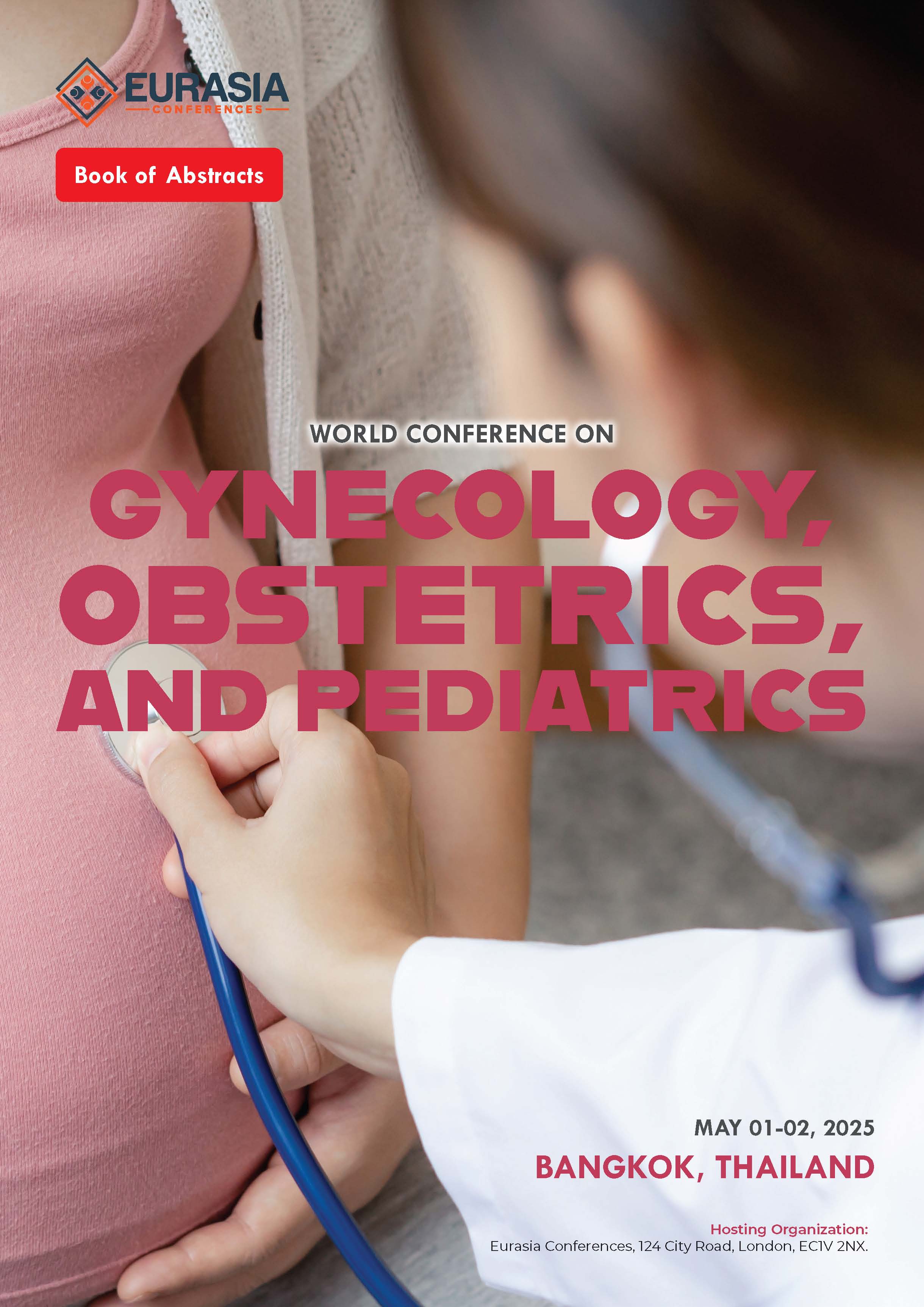
Sergey Suchkov
And personalized tumor molecular profiles (tumor biomarkers can be OMICS-profiles that predict therapy response.), tumor disease site and other patient characteristics are then potentially used for determining optimum individualized therapy options.
Recent advances in systems biology and cancer pathology have tremendously affected the practice of pathology, gradually transforming it from a morphology-based into a precise molecular-based cancer-related discipline. The improvement of methodology for genomic testing has made it one of the cornerstones of PPM-related cancer medicine (PPO). Various genomic analyses of human can-cers are being incorporated into diagnostic and decision-making algorithms of the precision cancer pathology
Genomics and bioinformatics are those of the most rapidly emerging areas of cancer pathology-related research as applicable to PPM and PPO. Examples include the use of AI for improved DNA sequencing and SNP analysis to target specific cell and tissue types, biosensors for specific mole-cules in vivo, and point-of-care molecular diagnostic devices enabled by genomics- and IT tools. Coupled with IT, the upgraded tools are ever more efficient and robust within clinical settings.
In this context, most of advances in PPM-guided cancer management are associated with patient care and treatment, including development of new or more precise individual therapies and genome-driven diagnostics, which had implicated in better outcomes and extended survivals, mostly due to personalized approaches for each tumor, cancer patient and pre-cancer person-at-risk into the PPM era. In order to be effective and successful, PPM-guided approach as applicable to clinical oncology practice assumes the integration of several areas of interdisciplinary knowledge and advanced tech-nologies focused on patient’s characteristics and specific healthy needs, including OMICS sciences, bioinformatics, biomarkers, digital health, data science & sharing, and data bioanalytics. In this con-text, the implementation of translational studies based on liquid biopsy and organoids or xenografts to evaluate molecular changes due to clonal pressure generated due to the use of target agents or tumor heterogeneity would help in the detection of mechanisms of resistance, suggesting the possi-bility for novel combinations. Precision pathology has therefore become fundamental not only to inform on tumor diagnosis and prognosis but also to drive therapeutic decisions in daily practice.